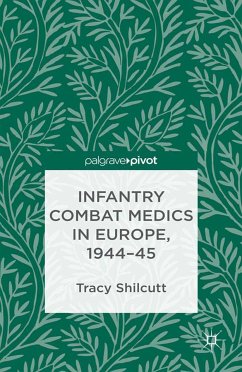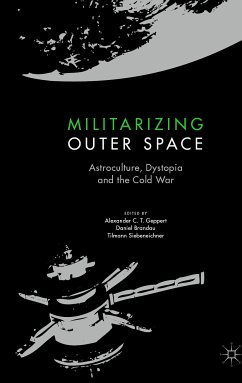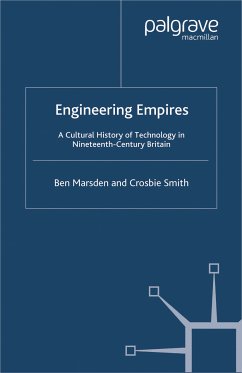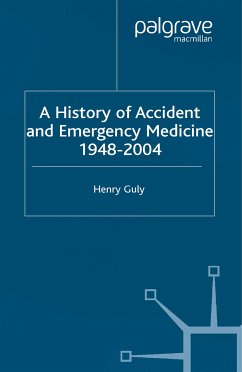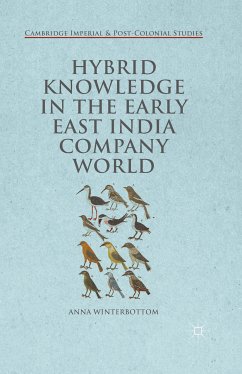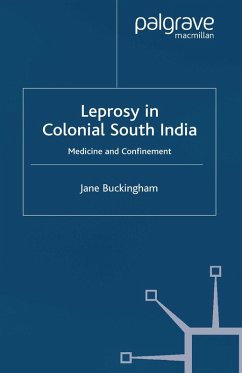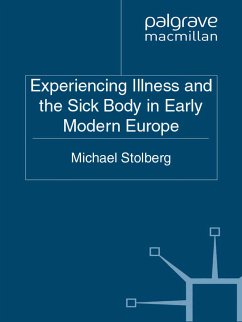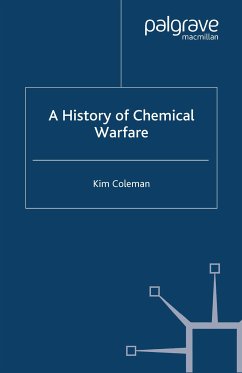
A History of Chemical Warfare (eBook, PDF)
Versandkostenfrei!
Sofort per Download lieferbar
40,95 €
inkl. MwSt.
Weitere Ausgaben:

PAYBACK Punkte
20 °P sammeln!
This book provides an analysis of the development and deployment of chemical weapons from 700BC to the present day. The First World War is examined in detail since it remains the most significant experience of the chemical threat, but the Second World War, and post-war conflicts are also evaluated. Additionally, protocols attempting to control the proliferation and use of chemical weapons are assessed. Finally, the book examines the threat (real and imagined) from a chemical warfare attack today by rationally assessing to what extent terrorist groups around the world are capable of making and ...
This book provides an analysis of the development and deployment of chemical weapons from 700BC to the present day. The First World War is examined in detail since it remains the most significant experience of the chemical threat, but the Second World War, and post-war conflicts are also evaluated. Additionally, protocols attempting to control the proliferation and use of chemical weapons are assessed. Finally, the book examines the threat (real and imagined) from a chemical warfare attack today by rationally assessing to what extent terrorist groups around the world are capable of making and using such weapons.
Dieser Download kann aus rechtlichen Gründen nur mit Rechnungsadresse in A, B, BG, CY, CZ, D, DK, EW, E, FIN, F, GR, HR, H, IRL, I, LT, L, LR, M, NL, PL, P, R, S, SLO, SK ausgeliefert werden.



